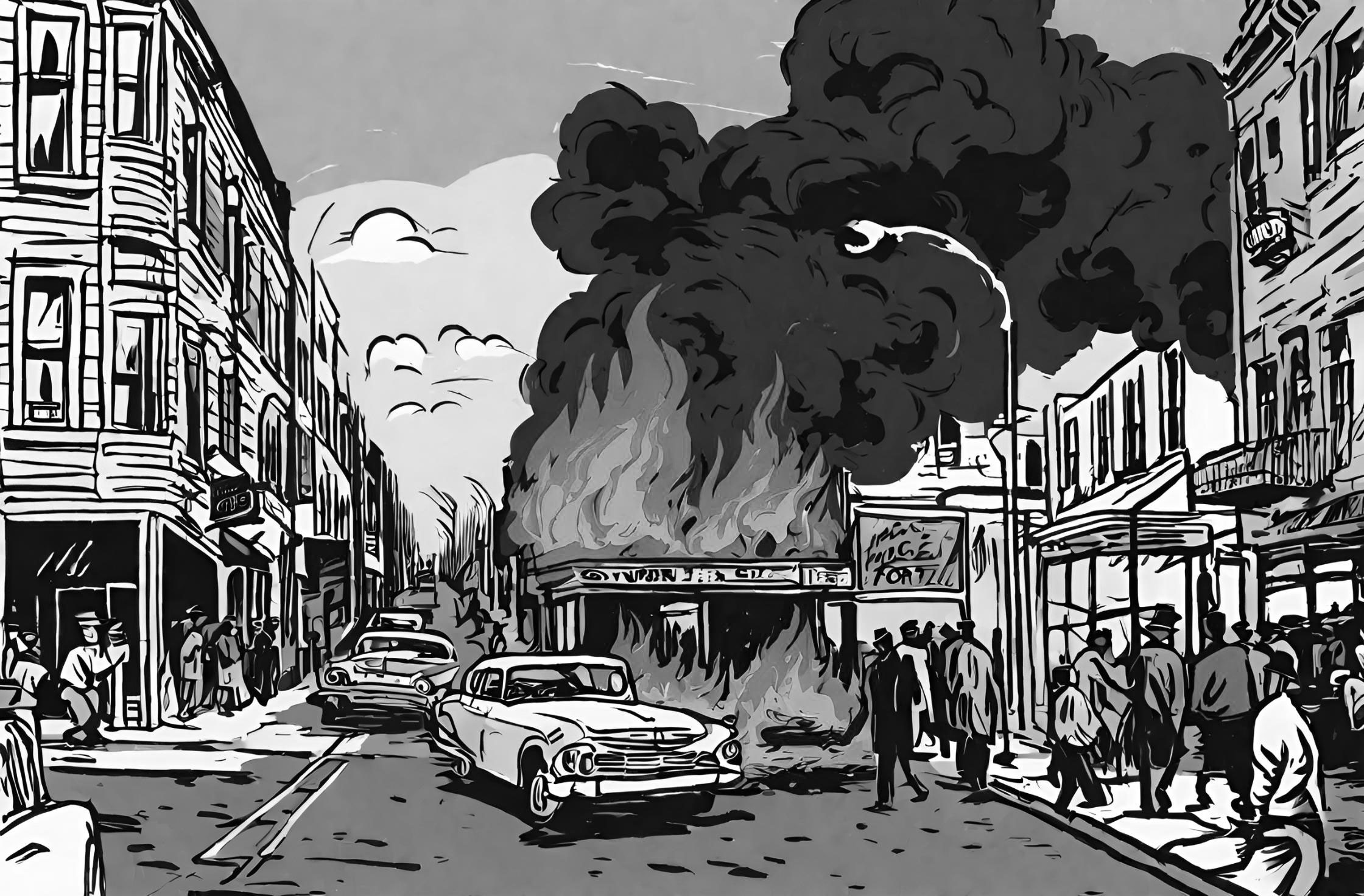Flashback to July 18
American History

In a historic move that grabbed headlines worldwide, Bill Clinton became the first sitting U.S. President to visit Vietnam on November 16, 2000. This visit marked an important milestone in the diplomatic relationships between the United States and Vietnam. This event effectively communicated across the globe the progressive maturation and normalization of relations between the two nations, more than two decades after the brutal Vietnam War.
The Vietnam War is one of the most well-known conflicts in recent history, involving heavy loss of life and resources. The U.S. involvement in the war strained its diplomatic relations with Vietnam for years. It was not until 1995 that official diplomatic relations were normalized, and another five years passed before President Clinton made the historic journey to Hanoi.
Strewn with symbolic significance, this milestone is a tale worth retelling for the lessons it imparts on international relations and conflict resolution. This historic visit extricated the residue of the past, reconciled the present, and painted promising pathways for future cooperation.
On his arrival in Hanoi, Clinton received a warm welcome from the Vietnamese leaders and people. His visit encompassed meetings with senior officials and interactions with locals, showing a softer side of diplomacy and diffusing any lingering hostility left over from the War era.
This event was not only of significance to history buffs or political enthusiasts but was a major talking point in international relations and global politics. It revitalized bilateral negotiations and opened the avenues for further collaborations in areas such as trade, science, technology, education, culture, and many more.
Bill Clinton, known for his charismatic persona and diplomatic acumen, used this opportunity to promote peace and reconciliation. His profound statement, “Let the past be history and the present make an opening for the future,” became the slogan for U.S.-Vietnam relations.
The president’s visit to Vietnam, however, was more than just a diplomatic sojourn. It also had economic implications. U.S-Vietnam trade relations had been nonexistent for years, but this visit provided the impetus for economic cooperation. Clinton’s visit served to boost Vietnam’s image as an emerging market with potential for investment, something previously hindered by the repercussions of the war.
While there, Clinton also addressed the issue of American soldiers missing in action during the Vietnam War. He promised to obtain the fullest possible accounting for the MIA soldiers, a poignant step forward towards healing the scars of the past.
This historic visit has since been embodied in the collective memory of both nations as a testament to the power of diplomacy and the possibility of reconciliation even after the most testing times. Its significance continues to resonate, and it has paved the way for progressive interactions and stronger ties between the U.S. and Vietnam.
We strive for accuracy. If you see something that doesn't look right, click here to contact us!
Sponsored Content

Race riot in Harlem,…
The race riot in…

US army air service…
On July 18, 1914,…

President Harry S. Truman…
On July 18, 1947,…

Lemuel Haynes, escapes from…
Lemuel Haynes, a former…

Rebecca Schaeffer is shot…
On July 18, 1989,…

In an event very…
On July 18, 1996,…

